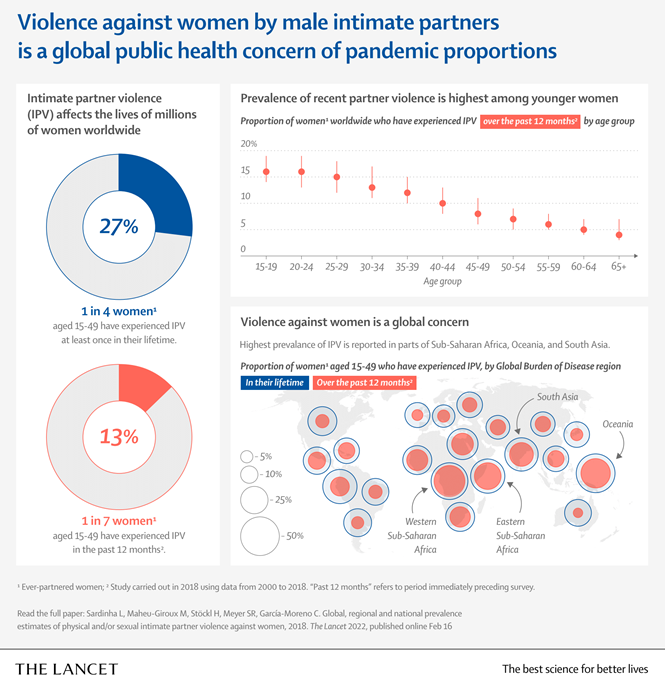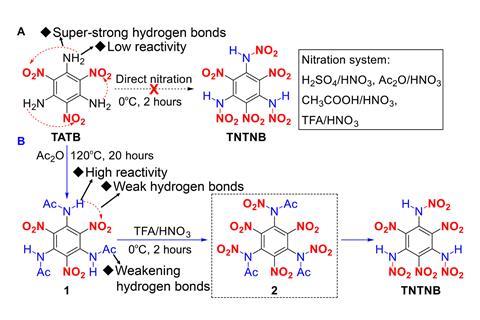Over one in four women (or 27 per cent) experience intimate partner violence before the age of 50, according to a worldwide analysis led by researchers from McGill University and the World Health Organization. The largest of its kind, the analysis covers 366 studies involving more than 2 million women in 161 countries. “Intimate partner […]
Read More








